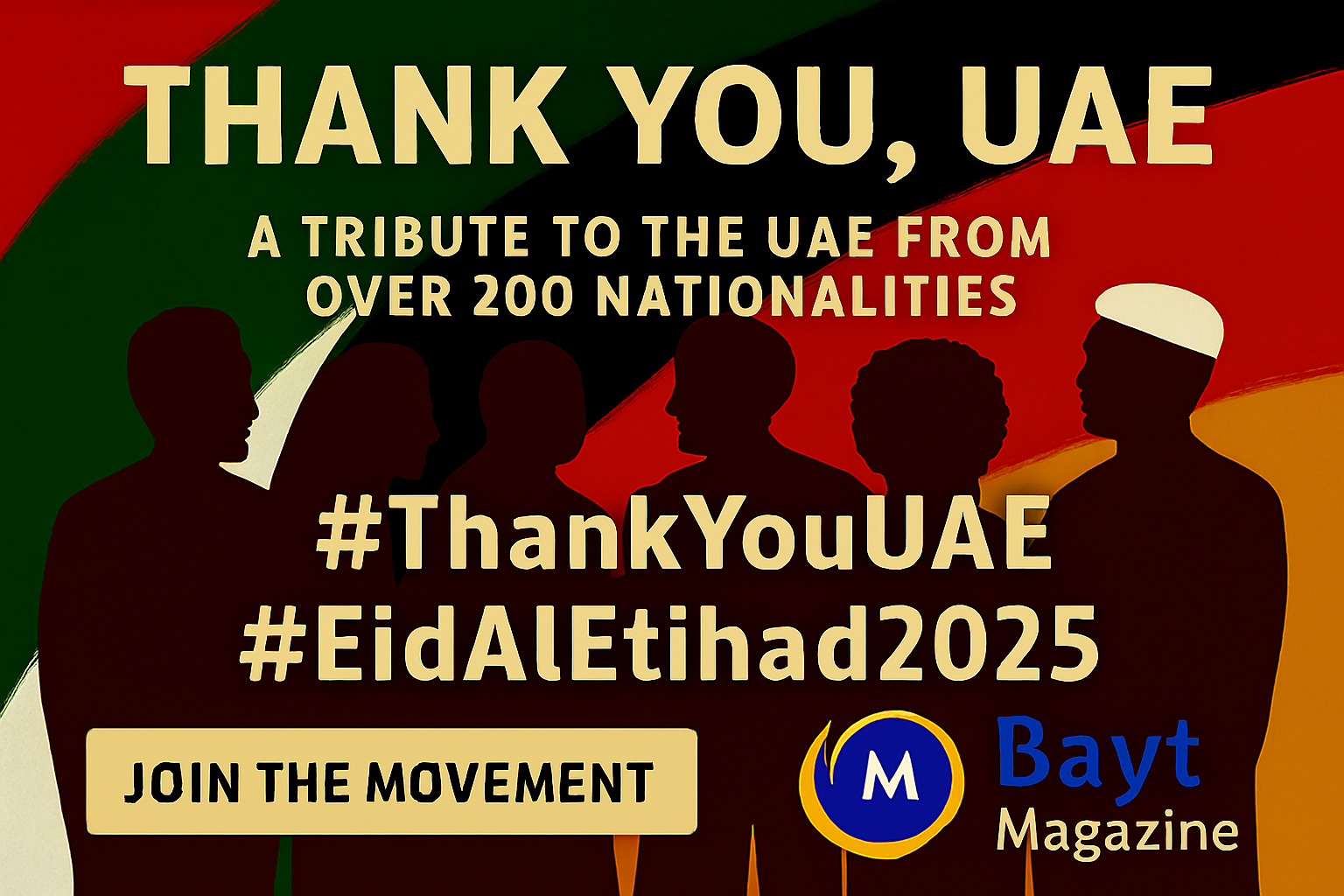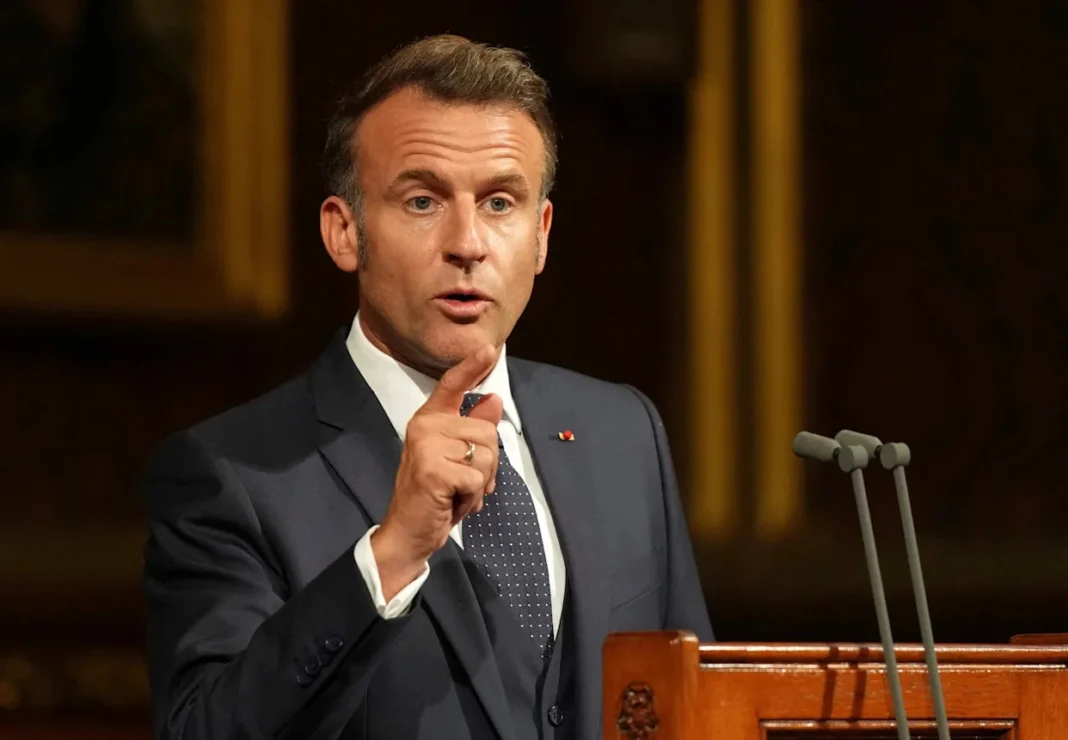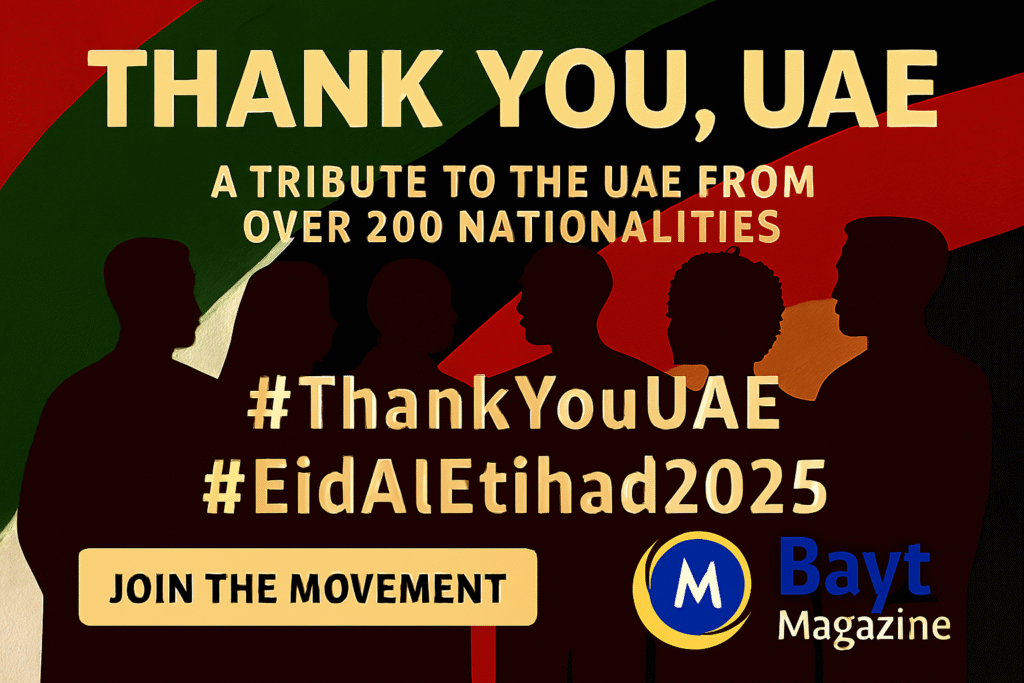Macron’s bold decision to recognize Palestine shows both courage and a sense of urgency as Gaza faces a deepening humanitarian crisis. The French President announced that France will make Palestine an officially recognized state in September 2025. This makes France the first country among G7 nations and UN Security Council members to take this crucial diplomatic step.
Palestine already has recognition from more than 140 UN member states, including over a dozen European nations. France’s move carries extra weight in global politics, especially as Gaza deals with a severe humanitarian crisis. All 2.1 million Gaza residents now struggle to find enough food. The situation looks even worse for children – the Gaza health ministry reports 900,000 youngsters face hunger, while 70,000 show clear signs of malnutrition. Spain, Ireland, and Norway took similar steps last year by recognizing Palestinian statehood, which might encourage other Western nations to do the same.
France’s Recognition of Palestine: What Was Announced
Image Source: Yahoo
The French president announced his government would recognize Palestine as a sovereign state starting September 2025. He chose a delayed timeline instead of immediate recognition to give diplomatic channels proper preparation time. This strategic move sent a powerful message to both allies and adversaries.
“The recognition of a Palestinian state is not a gift, it is a political strategy to advance toward peace,” Macron declared in his address. His decision came after he thought over the region’s changing dynamics carefully.
France’s position as the first G7 country to recognize Palestine represents a dramatic change in Western diplomatic stance. Spain, Ireland, and Norway’s recent acknowledgment of Palestinian statehood paved the way. France’s unique position as a permanent UN Security Council member and G7 nation gives this recognition exceptional diplomatic importance. France’s strong relationships with both Israeli and Arab states make this position even more remarkable on the world stage.
French diplomats and politicians pushed for this recognition as Gaza’s situation worsened. Macron’s bold diplomatic strategy sets France apart from other Western leaders and could help France intervene in future peace talks.
The role of the UN General Assembly in formalizing the move will follow established protocols. The French government will notify the UN Secretary-General of its decision first. France will then back Palestine’s application to become a full UN member, which needs General Assembly approval.
Palestine has been a “non-member observer state” at the UN since 2012. France’s support strengthens Palestine’s quest for better representation substantially. Notwithstanding that, full UN membership faces challenges, especially in the Security Council where permanent members can veto decisions.
French diplomats are now building the legal and diplomatic framework they need to implement this recognition by September, in line with international law and UN procedures.
Immediate Global Reactions and Political Tensions
Macron’s announcement sparked intense and polarized reactions in the digital world. His decision created ripples throughout international relations, especially when dealing with key players in the Middle East peace process.
Israel’s condemnation and security concerns
Israeli Prime Minister Benjamin Netanyahu was quick to condemn the French decision. He stated it “rewards terror and risks creating another Iranian proxy, just as Gaza became.” Netanyahu also warned that “a Palestinian state in these conditions would be a launch pad to annihilate Israel — not to live in peace beside it.” Israeli Defense Minister Israel Katz called the move “a disgrace and a surrender to terrorism.” He vowed Israel would not allow establishment of a “Palestinian entity” that could threaten Israeli security. The announcement prompted several far-right coalition partners to call for West Bank annexation.
The U.S. response and its implications for transatlantic relations
U.S. Secretary of State Marco Rubio strongly rejected Macron’s plan. He labeled it a “reckless decision” that “only serves Hamas propaganda and sets back peace.” Rubio described it as “a slap in the face to the victims of October 7th.” This reaction points to growing tension in transatlantic relations, as France becomes the first G7 nation to break from long-held U.S. policy. A June diplomatic cable revealed U.S. opposition to any unilateral recognition of a Palestinian state. The cable suggested such actions could affect bilateral relations.
Palestinian Authority and Hamas reactions
Palestinian Authority Vice President Hussein al-Sheik welcomed France’s decision. He said it “reflects France’s commitment to international law and its support for the Palestinian people’s rights to self-determination.” Hamas praised the announcement as a “positive step in the right direction toward doing justice to our oppressed Palestinian people” and encouraged other nations to follow France’s lead.
Reactions from other European and Arab nations
Spain’s Prime Minister Pedro Sanchez strongly backed Macron’s decision. He declared, “Together, we must protect what Netanyahu is trying to destroy.” Saudi Arabia labeled the recognition “historic” and urged other nations to take “similar positive steps.” Britain’s Prime Minister Keir Starmer announced talks with German and French counterparts about stopping the fighting. He suggested a ceasefire could “put us on a path to the recognition of a Palestinian state.”
Why Macron Took This Step Now
Image Source: WHRO
“Peace is possible.” — Emmanuel Macron, President of France
International outrage grows as President Macron announces his decision to recognize Palestine – a pivotal moment in Middle East politics. Multiple factors shaped when and how he made this crucial move.
The humanitarian crisis in Gaza as a catalyst
Gaza’s worsening conditions pushed Macron toward this decision. Aid groups warn that mass starvation looms, while deaths from malnutrition continue to rise. France joined other nations to condemn Israel’s aid restrictions and the deaths of Palestinians who tried to get food. Western Europe’s public opinion changed dramatically. Support for Israel dropped as media coverage showed children’s suffering, which put more pressure on leaders to act.
France’s historical support for a two-state solution
France stands firm in its long-time support for Palestinian statehood. The French government believes Jerusalem should be the capital of both states. France backed this stance with significant funding, giving over €500 million to Palestinian territories from 2008 to 2017. French diplomats keep saying that a two-state solution makes sense – it’s fair, follows international law, and can work in practice.
Macron’s diplomatic strategy and pressure on allies
Macron thought about this move for months as part of his plan to keep the two-state solution alive, even though allies like Britain and Canada pushed back [12, 14]. He timed the announcement to give France’s UN team clear direction before an upcoming ministerial conference. The conference was set for June but got delayed because of American pressure.
What This Means for Global Politics Going Forward
Image Source: Wikipedia, the free encyclopedia
France’s recognition of Palestine has altered the map of global diplomacy in several key ways.
Other Western nations might follow suit
The French move could set off a chain reaction of recognitions. Malta and Belgium might become the next EU countries to take this step. British officials support recognizing Palestine eventually but stress that Gaza’s humanitarian needs come first. The numbers tell the story – 144 out of 193 UN member states already recognize Palestine. France now stands as the first G7 nation to join this growing majority.
What this means for peace talks and the two-state solution
This diplomatic change wants to breathe new life into the two-state solution that many now see as under threat. The recognition balances against Israeli ministers’ statements about expanding settlements and possibly annexing the West Bank. Israeli officials warned France that this decision could push them toward “possible annexation of parts of the West Bank”.
New alignments and legal consequences
The traditional Western alliance now shows cracks, as the U.S. pulls out of Doha ceasefire talks. Arab nations have welcomed France’s decision unanimously, with Saudi Arabia calling it “historic”.
France’s new diplomatic role in the Middle East
Macron has positioned France as an “unlikely champion of Palestinian statehood” while starting a “diplomatic crusade with Arab partners”. Paris shows its commitment to becoming a “more mature, reliable partner” in today’s fragmented global scene.
France’s recognition of Palestine marks a turning point in international diplomacy. President Macron has become the first leader of a G7 nation and permanent UN Security Council member to take this most important step. The humanitarian crisis in Gaza has without doubt influenced this bold diplomatic decision, as 2.1 million residents face food shortages and thousands of children battle malnutrition.
The world has reacted along predictable political lines. Israeli officials have condemned the decision and called it a reward for terrorism. Palestinian authorities see it as support for their right to self-determination. The United States strongly opposes Macron’s plan, which could strain transatlantic relationships. Arab nations have united in their praise for the announcement.
Other Western nations will likely follow this path to recognition. Malta and Belgium could be next, which might create momentum for Palestinian statehood’s international legitimacy. While 144 UN member states recognize Palestine already, France’s position adds unprecedented diplomatic weight.
This announcement matters deeply for the struggling two-state solution. France wants to balance Israeli ministers’ statements about settlement expansion and possible West Bank annexation. Macron’s approach puts France in position to mediate future peace talks while showing Paris’s steadfast dedication to working with Arab partners.
France’s recognition goes beyond symbolic support – it shows a radical alteration in global diplomacy regarding the Israeli-Palestinian conflict. Recognition alone can’t solve decades of conflict, but it builds foundation for future peace efforts. The next few months will show if this bold diplomatic move helps restart meaningful dialog or deepens existing divisions between key players in this ongoing geopolitical challenge.






